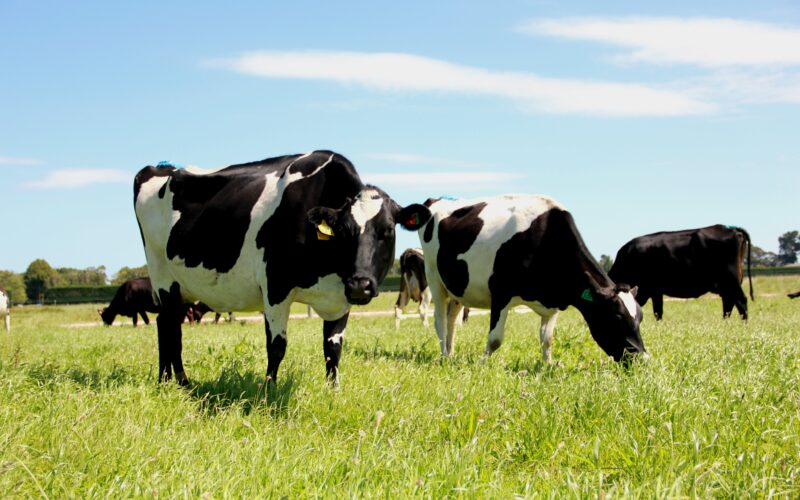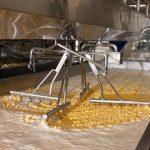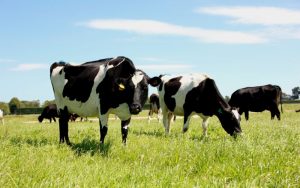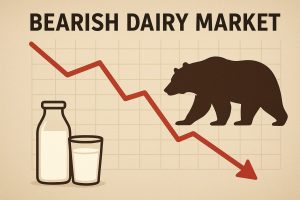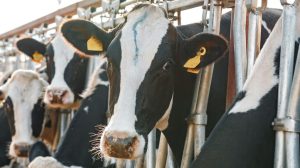
Low N Systems Program Unlocks Strategies to Slash Nitrogen Losses & Boost Farm Goals.
The New Zealand dairy sector is proactively addressing one of its most pressing environmental challenges: Nitrogen (N) losses. A pioneering initiative, the Low N Systems research program, is at the forefront of this effort, meticulously exploring how various mitigation strategies can be synergistically combined. The program’s overarching goal is to empower dairy farmers to significantly reduce their nitrogen footprint while simultaneously achieving their critical farm business objectives, a vital step towards sustainable dairy farming.
This comprehensive research program employs a multi-faceted approach to investigate effective ways of reducing N losses. It integrates sophisticated modeling techniques to predict outcomes, conducts detailed small-scale experiments to test specific interventions, and implements larger-scale farm system trials to validate findings in real-world scenarios. Furthermore, the program incorporates in-depth farmer case studies, drawing on practical experiences and insights from those directly on the ground, ensuring that solutions are both scientifically sound and practically applicable for dairy producers.
The core objective of the Low N Systems program is to equip New Zealand farmers with reliable information and build their confidence as they navigate the complex landscape of nitrogen mitigation. By providing robust data and practical insights, the program aims to facilitate informed decision-making, enabling farmers to select and implement the most effective strategies tailored to their specific farm conditions and operational goals. This focus on practical application is crucial for widespread adoption of environmental best practices.
For the New Zealand dairy industry, successfully tackling nitrogen losses is paramount for both environmental stewardship and maintaining market access in increasingly sustainability-conscious global markets. Reducing N-losses not only benefits local ecosystems by improving water quality but also enhances the industry’s social license to operate. This proactive research and development effort positions New Zealand dairy as a leader in addressing complex environmental challenges within agribusiness.
For the international dairy community, environmental policymakers, and agribusiness analysts, the Low N Systems program offers a valuable blueprint for integrated nitrogen management. It demonstrates how a combination of scientific rigor, practical experimentation, and farmer engagement can lead to actionable solutions for reducing environmental impact while sustaining economic viability. This initiative provides critical insights into the future of sustainable dairy economics and responsible milk production globally.
Source: Farmers Weekly NZ: Tackling N-mitigation head-on
You can now read the most important #news on #eDairyNews #Whatsapp channels!!!
🇺🇸 eDairy News INGLÊS: https://whatsapp.com/channel/0029VaKsjzGDTkJyIN6hcP1K
